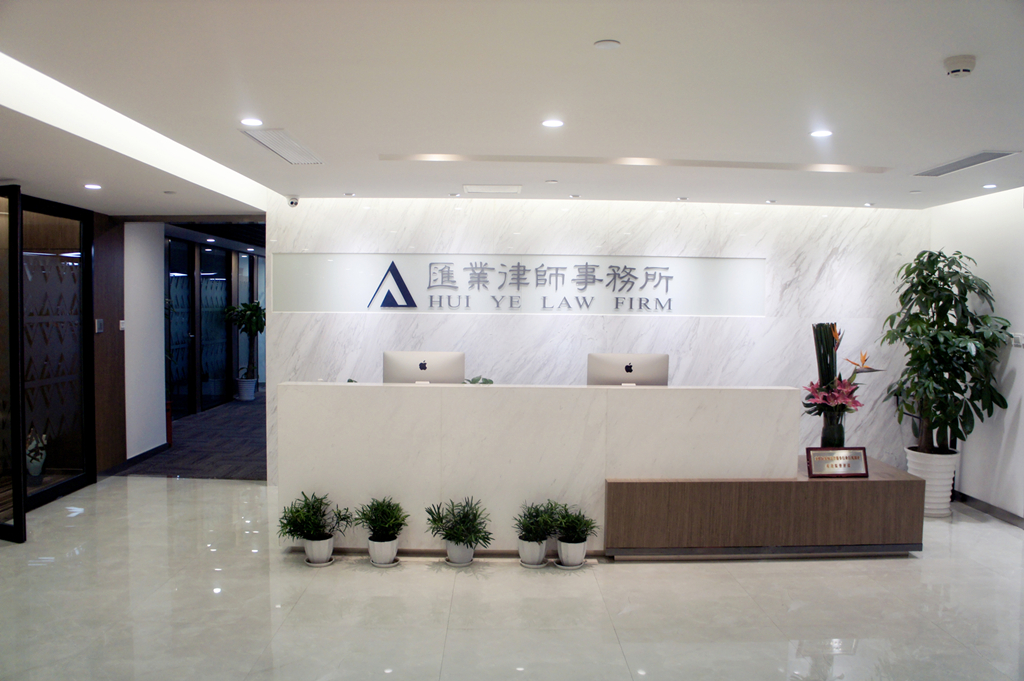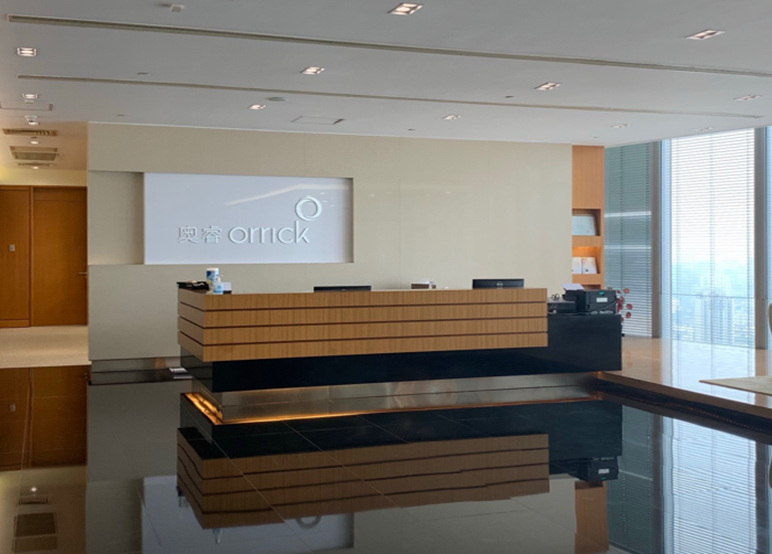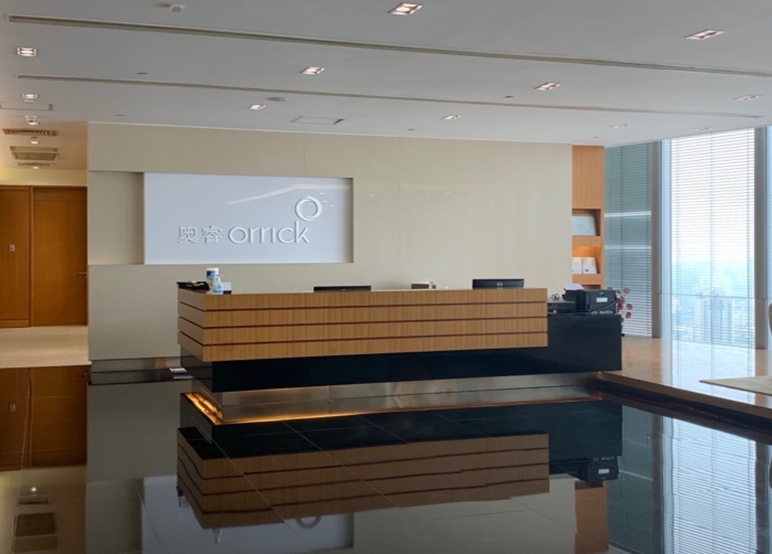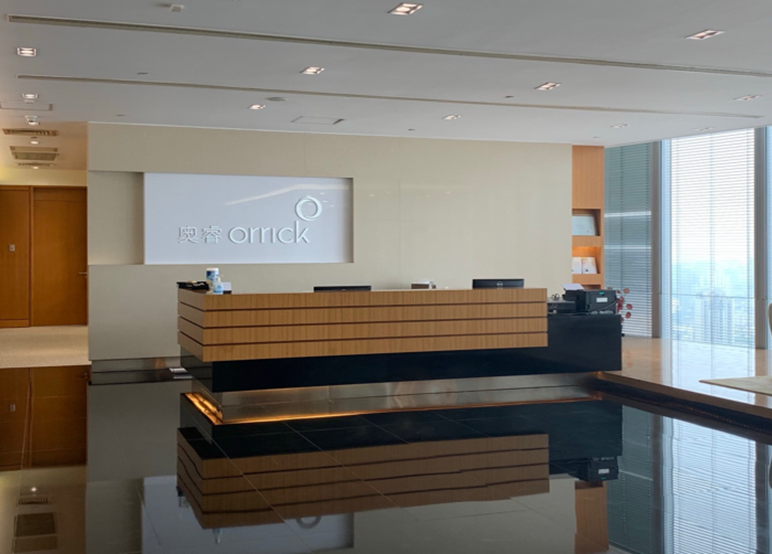introduction
Metaverse has become a hot area to capture the attention of global brands and consumers, And force them to try to take their place in this virtual world. however, The rise of the metaverse also raises some tricky legal questions, Especially in the area of trademark law.
Although the legal framework for the metaverse and trademark review guidelines are unclear, But trademark owners are moving into this virtual realm with new trademark applications. These actions seem to be conducive to protecting digital trademarks from third party infringement, It also leaves the door open for new projects in the future. In addition, Trademark authorities around the world are also processing trademark applications that have been pre-empted in order to keep up with emerging and evolving metacosmic trends.
This article will mainly introduce the examination practice of the metaverse related trademark application in the United States and Vietnam, This paper provides practical reference for trademark owners' actions and trademark protection strategies in the frontier of the metauniverse.
Key points
In America: The formal review rules of the competent bodies cover the classification and clarification of items related to virtual activities, The substantive review rules focus on virtual and physical goods/Conflicts between services.
In Vietnam: The regulatory body's formal review measures revolve around misclassification and ambiguous terminology related to virtual goods and services/Description expansion. Substantive review rules covering virtual goods and services may be rolled out at a later date, Should review the application of virtual goods and services after the release of guidelines.
Concrete rules
1.Trademark review practices in the United States
Formal examination: Issues in the classification and clarification of items related to virtual activities
About virtual goods and non-homogeneous tokens (NFT) (The first 9 class) And virtual market (The first 35 class) Certain issues have been raised as part of the United States Patent and Trademark Office (USPTO) Issue the rationale for specific measures. Here are a few USPTO A recent example of formal review practice——
The first 9 class: USPTO On the rejected application "NFT" and "Virtual goods" He expressed his views—— "NFT" The word is ambiguous. Application must state NFT Type of, And you must specify this class NFT Content of. simultaneously, Virtual goods such as digital trading cards are also unclear, Must state the format. (See US Application Serial Number 97052604 case)
In the classification of virtual goods and services and necessary clarification, USPTO Seems to have been taken up with the EU Intellectual Property Office (EUIPO) Same method. According to EUIPO Recent guide, "Virtual goods" The word itself lacks clarity and accuracy, Therefore, the associated virtual goods must be specified (For example, downloadable virtual goods, Virtual clothing) . By itself, "NFT" Will not be accepted, Must specify NFT Type of certified digital item.
The first 35 class: According to USPTO, Product identification "In order to NFT Services for featured online retail stores" Is an ambiguous statement, Must be clarified, Because the applicant must be approved NFT Certified downloadable digital goods of the type. (See US Application Serial Number 9704095 case)
Substantive review: Virtual and physical goods/Conflicts between services
Conflict between physical goods and virtual goods, And whether digital assets should be considered trademarkable "commodity" The problem of, Is a controversial legal issue in the metaverse.
Some people think that, Virtual products generated by computer code should be treated differently from physical products. For example, A package of computer coded digital files should not be considered the same as a physical package. but, And some people think that, Traditional trademark registration for real-world goods should be sufficient to cover such goods in virtual reality.
Although courts in the United States have yet to resolve certain contentious trademark disputes involving this issue, but USPTO Recently released a number of bureau on virtual and physical goods/Adjudication of conflicting cases between services, The specific content is described below:
(1) "Digital transaction card" (The first 9 class) with "Physical card games" (The first 28 class) correlation
Applying for a serial number against the United States 97052604 In the case of, The symbols of both parties are identical (REVOLVE) , USPTO Think that "Digital transaction card" Probably related to physical card games. USPTO The decision is based on this fact, That is, many commercial entities now sell both physical transaction cards, Digital trading cards are also sold. On such grounds, It might make sense to protect the rights of a company that already sells physical trading cards and is now expanding into digital and selling digital trading cards under the same brand name.
(2) "Traditional activity related services" (arrange, organization, Host and host social entertainment events) Roughly include "Activities related to virtual activities" ——All in control 41 class
Applying for a serial number against the United States 97206182 The case was decided, The symbols of both parties are identical (MET GALA) , USPTO The conclusion is that, Traditional activity related services (arrange, organization, Develop and host social entertainment activities) Broadly worded, May be sufficient to cover all goods of the type and/Or service, Includes a narrower range of virtual activity-related services for new applicants (organization, Arrange and host virtual fashion and social events; Entertainment in the form of virtual fashion shows) .
(3) "Retail store services featuring virtual goods, A toddler boy's costume for an online virtual world" (The first 35 class) And traditional clothing (The first 25 class) correlation
Applying for a serial number against the United States 97044016 In the case of, The symbols of both parties are identical (LITTLE CLOSET) , USPTO determine, The goods and services covered by these two trademarks are related, There may be confusion. In this case, The Applicant's retail store services feature virtual goods, especially "Toddler boy's clothing" , The goods of the trademark registrant cover a wide range of clothing, Including children's clothing. Therefore, These goods have commercial relevance, Because they all have the properties of children's clothing. USPTO Evidence from online sources highlights its reasons for dismissal, That is, some vendors of physical goods are selling the same digital goods in a virtual environment.
These cases are just the tip of the iceberg. however, As fundamental legal issues involving dealing with direct conflicts between virtual and real-world goods remain unresolved, Maybe now we can think of it, Such rulings could be a small step towards a fuller assessment of the conflict between real and virtual world trademarks.
2.Trademark review practice in Vietnam
In Vietnam, Metacomes are also a subject of public interest. Some companies have NFT Series as a new way to reach existing and potential customers. Vietnam is located in NFT The epicentre of the boom, it NFT By number of users, The country ranks among the top five in the world.
Vietnam's rise in the metaverse has also prompted trademark owners to take important measures in trademark protection. Vietnam's virtual legal framework and trademark review guidelines remain unclear, though, But many global and national entities have entered the metaverse by filing new virtual trademark applications in the country. Some trademark owners have even filed new multi-jurisdictional applications, because NFT Is infinite, And can be accessed by consumers around the world via blockchain.
On one hand, Vietnam Intellectual Property Office (VNIPO) Rulings in a number of cases involving applications for virtual goods and services have been released recently (The results of formal review) . with NFT The misclassification and vague terminology associated with virtual goods and services such as blockchain/Description is the most common reason for formal rejection.
On the other hand, in VNIPO Guidelines for the review of applications related to virtual activities are available, The substantive review may take place at a later date. Over the next few months, when VNIPO Substantive examination of a trademark application for the nature of the metaverse and elucidating the conflict between the virtual and physical worlds, There will be more to watch.
conclusion
The metaverse has no boundaries, But trademark protection has boundaries. Although the metaverse is still in the early stages of development, But brand owners need to stay ahead of the game, Take bold steps against virtual infringers, And make sure they have adequate trademark protection, To thrive in the virtual world.
At present, Enterprises should give priority to reviewing their current trademark portfolio, And file trademark applications related to virtual activities in the metaverse domain, And keep a close eye on potential infringements on this technological frontier. (Compiled from www. lexology. com)
Reprinted from China Intellectual Property Network translation: Wang Dan proofread: Liu Peng
disclaimer: This website reprint articles are from the Internet, Does not represent the views of this website or confirm the authenticity of its content. If the source is mislabeled or the copyright of the article is involved, Please contact this website, This website will be corrected in due course, delete, thank you.

Safeguard the rights of economic and trade hotspots














